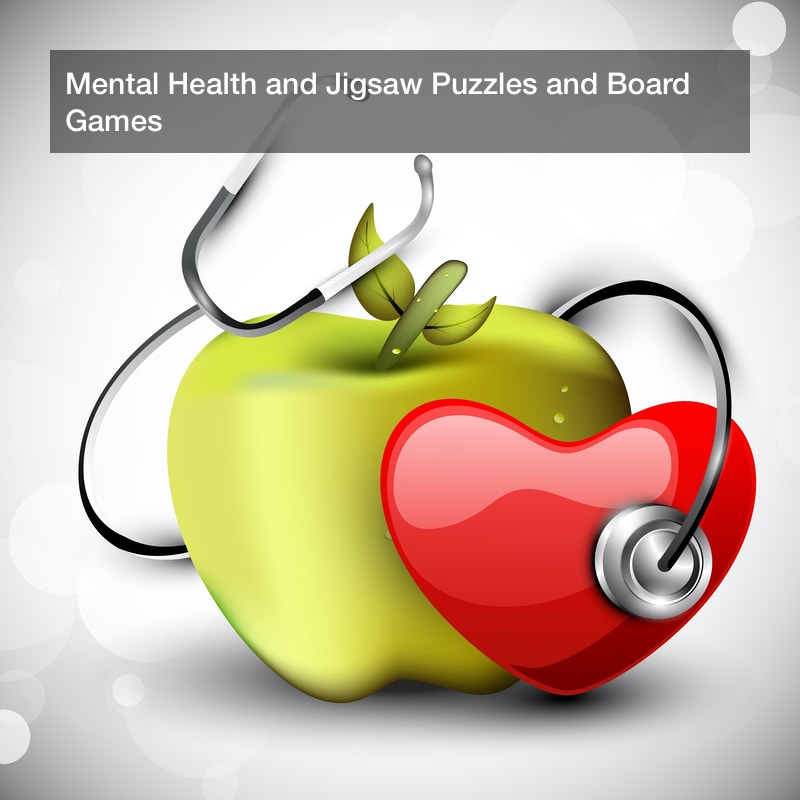

Do you love to assemble jigsaw puzzles or play board games, such as sports board games or even miniatures strategy games? Family games are a great way to spend a constructive evening together, and easy puzzles are great mental exercise for the kids while difficult puzzles are great for older players looking for a challenge. These range widely from 300 piece puzzles to monster 1000 pc puzzles, or even 2000 piece jigsaw puzzles for a true challenge. Someone who completes a tough puzzle with an attractive image may choose to frame it, and you can frame your puzzle to show it off when it’s done. Local art supply stores should have frames of all sizes when you want to frame your puzzle, or you might order custom frames if need be. Even if you don’t frame your puzzle and show it off, though, completing a puzzle is really satisfying, and doing puzzles like these comes with all kinds of mental health benefits, too.
All About Jigsaw Puzzles
The very concept of a puzzle goes back to ancient Greece, when Archimedes mentioned dissection squares in 250 BC. A little more recently, English children in the early 1800s were given simple wooden puzzles, which could be assembled to form a map of the British Empire. Meanwhile, puzzles as we know them now came up around the early 1900s, and they were popular then as they are now. A puzzle is a cardboard sheet with an image printed onto it, and it’s then cut up into pieces. Jigsaws used to be used to cut up puzzles like these, though different machines are often used instead to speed up the process. Some puzzles are meant for kids, and have fewer, larger pieces while older players can get their hands on huge puzzles with tiny pieces for a proper challenge.
Now, what are the mental health benefits of puzzles that were mentioned earlier? It is fun to frame your puzzle, but you can get a thrill out of assembling a puzzle and taking it apart for next time, too. For one thing, puzzles don’t involve electronic screens, and many surveyed parents say that they think their children are spending too much time on electronic screens. Puzzles not only keep kids away from screens, but they can engage a child’s mind to exercise their creativity, logic, and problem solving skills, which all makes for great mental exercise. Older players can keep themselves sharp when doing puzzles too, and the brain can release dopamine while doing a puzzle.
In fact, scientific studies looked into this, and they found that doing a puzzle will activate your brain while relaxing you psychologically, not unlike meditation (and the health benefits of meditation are well documented, too). Also, mental exercises such as jigsaw puzzles and crossword puzzles can benefit an Alzheimer’s patient. No, this isn’t a cure for Alzheimer’s, but studies show that rigorous mental stimulation can help slow down Alzheimer’s progress, and the same is true when the patient has a lively social life, too. This means that puzzles and similar exercises can be a drug-free, low-expense way to keep an Alzheimer’s patient happier and healthier, all things considered.
Similar Board Games
A lot of what was just said about jigsaw puzzles applies to board games of any kind, and a family’s closet can be stocked up with not only puzzles of any size, but also craft kits, sports board games, card games, and even tabletop miniatures games (often war games). All of these can exercise a player’s creative thinking, risk evaluation, strategic planning, teamwork, and sportsmanship, especially the more complex games (typically tabletop miniatures games). Many board games are designed for kids, having colorful boards and graphics and simple rules, while older players can make a hobby of table top miniatures games and sports games, and play with a regular group. In fact, these games are connected to similar hobbies, anything from incorporating real-life sports events to a sports board game, to collecting, assembling, and painting figurines for tabletop miniatures games. Best of all, none of this involves electronic screens, and these games typically don’t need batteries or electricity at all. They just need a tabletop surface to sit on.